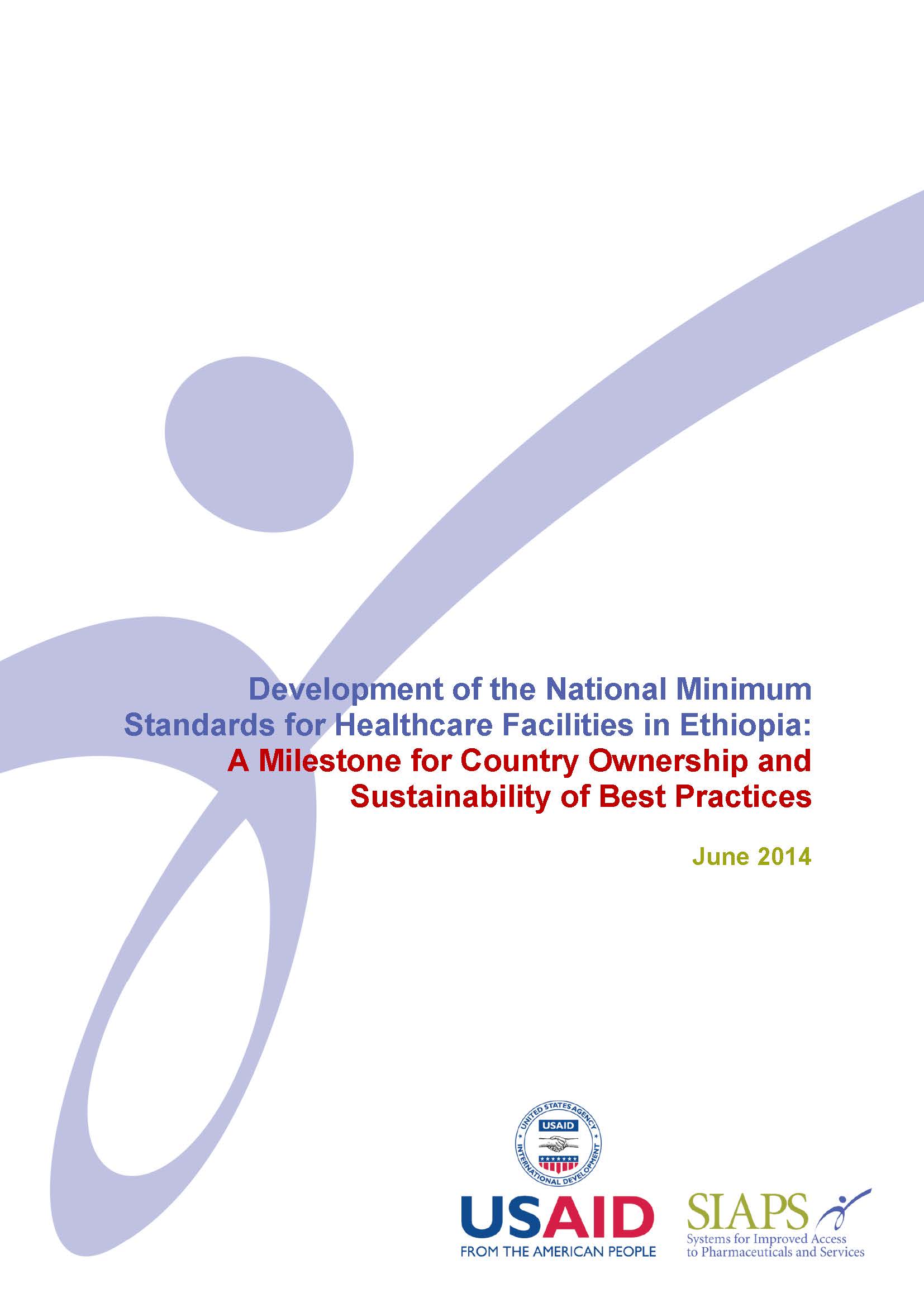
Licensing is a statutory mechanism by which a governmental authority grants permission to an individual practitioner to engage in an occupation or to a healthcare organization to operate and deliver services. Licensing allows governments to ensure basic public health and safety by controlling the entry of providers and facilities into the health care market and by establishing standards of conduct for maintaining that status.
In Ethiopia, government and development partners are investing a huge amount of resources to improve the quality of health services and ensure their sustainability. However, there remain the serious challenges of accountability, ownership, and sustainability. Accordingly, governance is recognized as one of the key strategic interventions in the Health Sector Development Programme (HSDP) IV. It is also recognized by international development partners as a building block for health system strengthening. The development of these standards can be taken as a good governance intervention within the health system. These regulatory tools mandate that both practitioners and health institutions comply with a minimum set of requirements and update their licenses regularly to continue operating as a healthcare-providing institution. This way, best practices (adapted to the country’s context) will easily be owned and sustained. On the other hand, the EFMHACA will develop and deploy standardized tools to execute inspection and licensing functions and ensure transparency and accountability in these processes.


